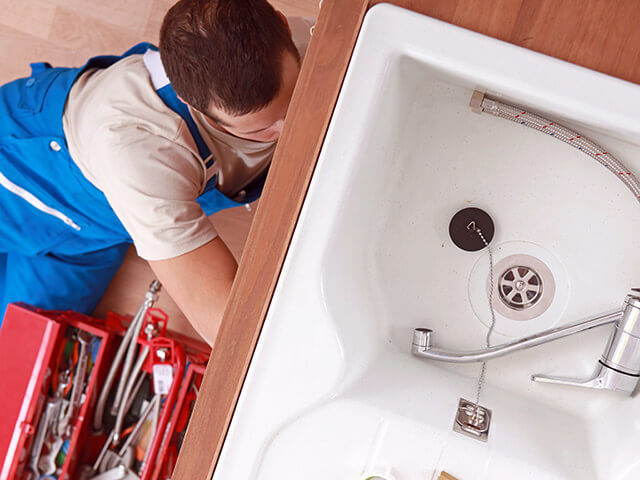Plumbing is a vital aspect of any home, responsible for delivering clean water and removing wastewater efficiently. However, many homeowners overlook the importance of regular plumbing maintenance until they encounter a significant issue. Neglecting routine maintenance can lead to costly repairs, water damage, and inconvenience. In this blog post, we’ll explore the importance of regular plumbing maintenance and how it can help prevent costly repairs down the line.
Identify and Address Issues Early:
Regular plumbing maintenance involves inspecting various components of your plumbing system for signs of wear, damage, or potential problems. By conducting routine inspections, homeowners can identify issues early on before they escalate into more significant problems. Common issues such as leaky faucets, dripping pipes, clogged drains, and running toilets can be addressed promptly, preventing them from causing extensive damage to your home. Early detection and repair not only save you money on costly repairs but also minimize the risk of water damage and mold growth.

Extend the Lifespan of Plumbing Fixtures:
Just like any other system in your home, plumbing fixtures and components require regular maintenance to ensure optimal performance and longevity. Over time, plumbing fixtures can deteriorate due to factors such as age, usage, and wear and tear. Regular maintenance tasks such as cleaning, lubricating, and inspecting fixtures can help extend their lifespan and prevent premature failure. For example, flushing out sediment buildup in water heaters can improve efficiency and prevent corrosion, while cleaning aerators and showerheads can maintain water flow and pressure. By investing in regular maintenance, homeowners can maximize the lifespan of their plumbing fixtures and avoid the need for costly replacements.
Prevent Emergency Plumbing Issues:
One of the most significant benefits of regular plumbing maintenance is the prevention of emergency plumbing issues. Plumbing emergencies such as burst pipes, sewer backups, and water heater failures can cause extensive damage to your home and result in costly repairs and cleanup. By conducting regular maintenance and addressing potential issues proactively, homeowners can reduce the risk of unexpected plumbing emergencies. Preventive measures such as insulating exposed pipes during cold weather, clearing debris from gutters and downspouts, and scheduling professional inspections can help identify and mitigate potential risks before they escalate into emergencies.
Save Money on Water Bills:
Leaky faucets, running toilets, and other plumbing issues can waste significant amounts of water, leading to higher water bills and unnecessary expenses. According to the Environmental Protection Agency (EPA), the average household leaks can waste more than 10,000 gallons of water each year, contributing to inflated water bills and wasted resources. Regular plumbing maintenance can help identify and repair leaks and inefficiencies in your plumbing system, reducing water waste and saving you money on utility bills. Simple tasks such as fixing leaky faucets, replacing worn-out washers, and installing water-efficient fixtures can lead to significant savings over time.
Conclusion:
Regular plumbing maintenance is essential for preventing costly repairs, extending the lifespan of plumbing fixtures, preventing emergencies, and saving money on water bills. By investing in routine maintenance tasks such as inspections, cleaning, and repairs, homeowners can ensure the efficient operation of their plumbing systems and avoid the headaches and expenses associated with plumbing issues from this company, redrhino.com/plumbing/laurel-plumbers. Whether you’re a new homeowner or have lived in your home for years, prioritizing regular plumbing maintenance is a wise investment that pays off in the long run, both in terms of cost savings and peace of mind.




